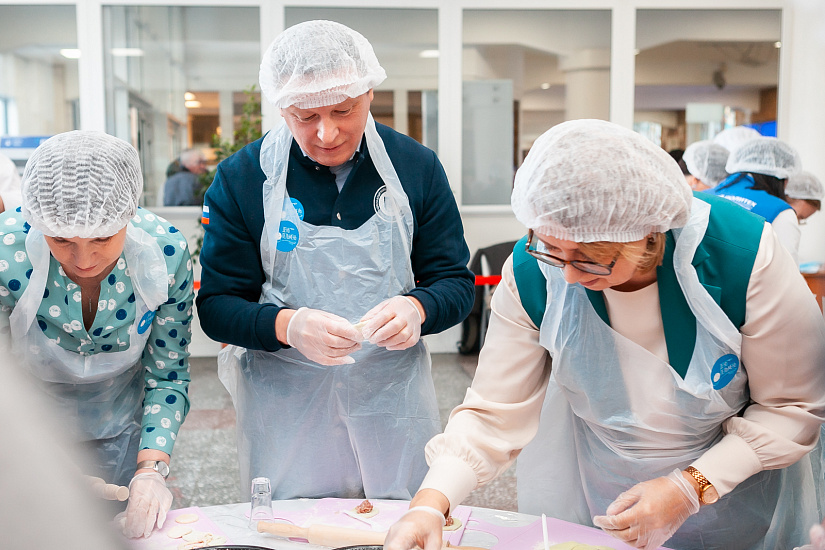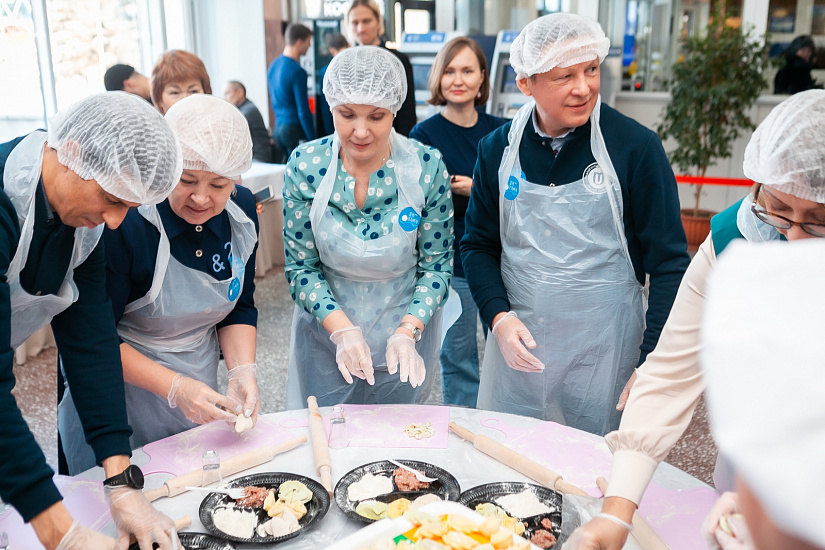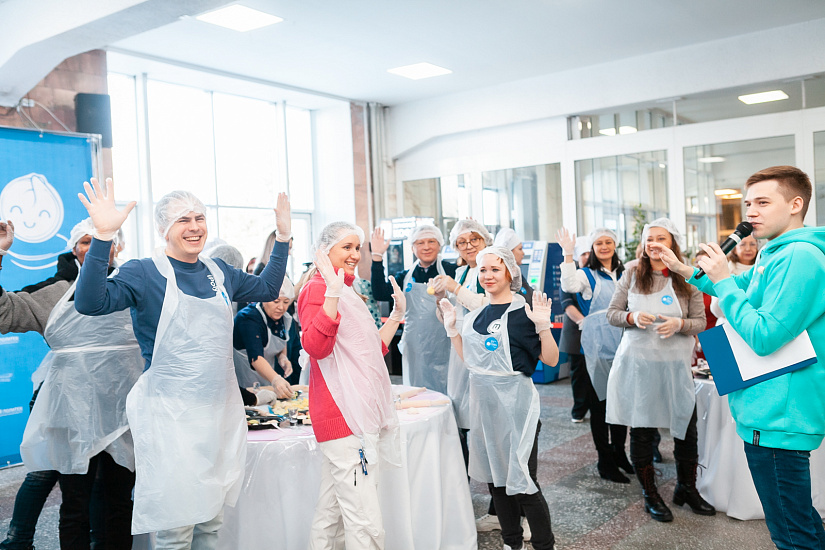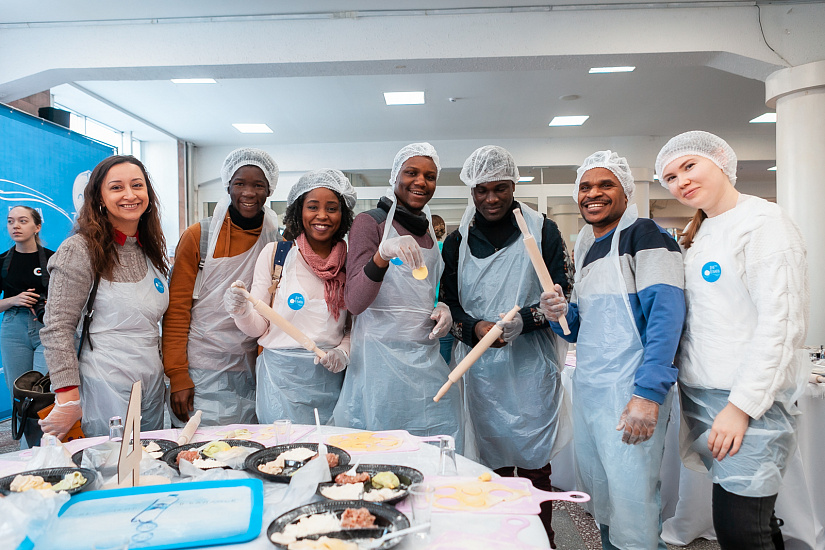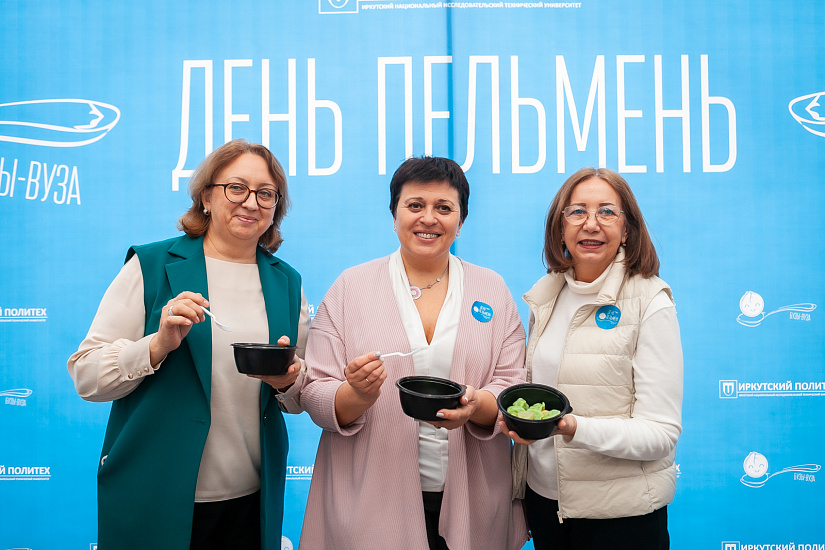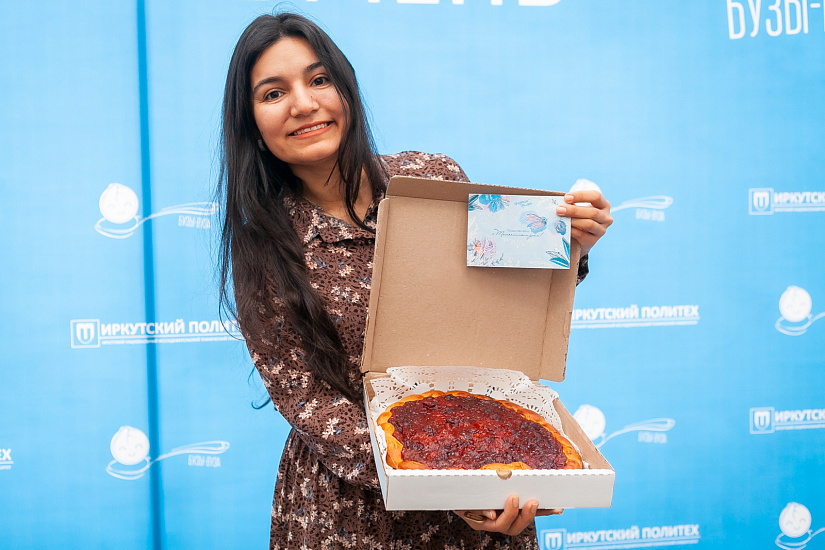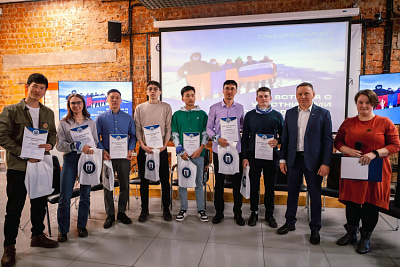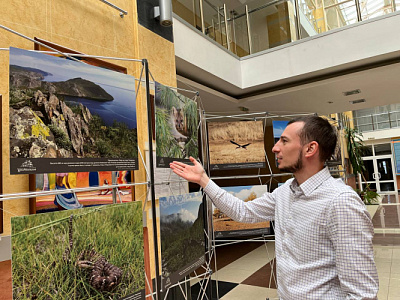On the Students' Day INRTU students made more than 1500 colorful pelmeni
Masterclass "Pelmeni Day" was held in INRTU on January 25. On Russian Students' Day, the students, guided by Rector Mikhail Korniakov, made multicolored dumplings. The cooking show was organized by the Student Food Center.
As Mikhail Korniakov points out, INRTU has a tradition of coming up with something new and creative for Students' Day every year:
"From the bottom of my heart I congratulate all of us with a wonderful holiday. I wish happiness, health, prosperity, and to students to pass their exams well. We thought for a long time, how to celebrate the holiday in a special way, and we decided to make pelmeni. It unites and brings people together. As a rule, first you make pelmeni and then eat them with whole family, and our university is a big and close-knit family. As a student, I often cooked pelmeni in the dormitory. It's a delicious dish that is quick and easy to prepare. I invite everyone to try their hand at the art of making pelmeni."
In the lobby of the main building of the University were placed several tables for the participants of the masterclass. Students and staff put on aprons and equipped with rolling pins to demonstrate their culinary skills.
According to Ivan Bokunovich, head chef of the Catering Combine, there were so many interested that there were several stages of cooking. As a result, more than 1500 pelmeni were made, serving about 300 people. The supervisor of a bakery shop Alena Eshchenko supervised the process. She suggested participants to make on three white, yellow and green pelmeni.
"Pelmeni Day" turned into a real gastronomic festival, combining a master class, tasting, quizzes and peculiar culinary traditions. One of them is that in the last dumpling you add a non-standard stuffing. Such a custom is followed in many Russian families. Stuffings have a special meaning. For example, greens mean joy, peppers mean love, sugar means a good year, and a coin promises wealth."

Ryan McGuckin, who came to Irkutsk a year ago from Great Britain as a freelance teacher, learned to make pelmeni. He now teaches courses for English teachers at INRTU. He confesses that he has tasted a variety of dough foods during his trip, including Russian pelmeni and Georgian khinkali:
"Khinkali are big, juicy and very hearty. Dumplings are thinner and smaller. While making them, you spend a lot of time talking. Perhaps, that is why I liked them better."
There are still controversies about the appearance of dumplings. Some believe that they originated in China, while others stick to the version of European origin. Only one thing is known for sure: in the cuisines of many nations around the world there are similar dishes. Therefore, pelmeni (dumplings) can be considered an "international dish".

This opinion is shared by Ahmed Garba Yakun from Nigeria, a student in the preparatory department of Baikal School of BRICS. Until today, he has never tried this popular Siberian dish.
Nevertheless, he managed to make neat and beautiful pelmeni during the workshop. He coped with the task easily because he remembered how he made dan wake - traditional Nigerian dumplings made of a mixture of baobab powder, Vigna plant and potash, which look like dumplings in his childhood. Dan wake is considered a gourmet snack, served with stewed vegetables, eggs and seasoned with hot peppers.
